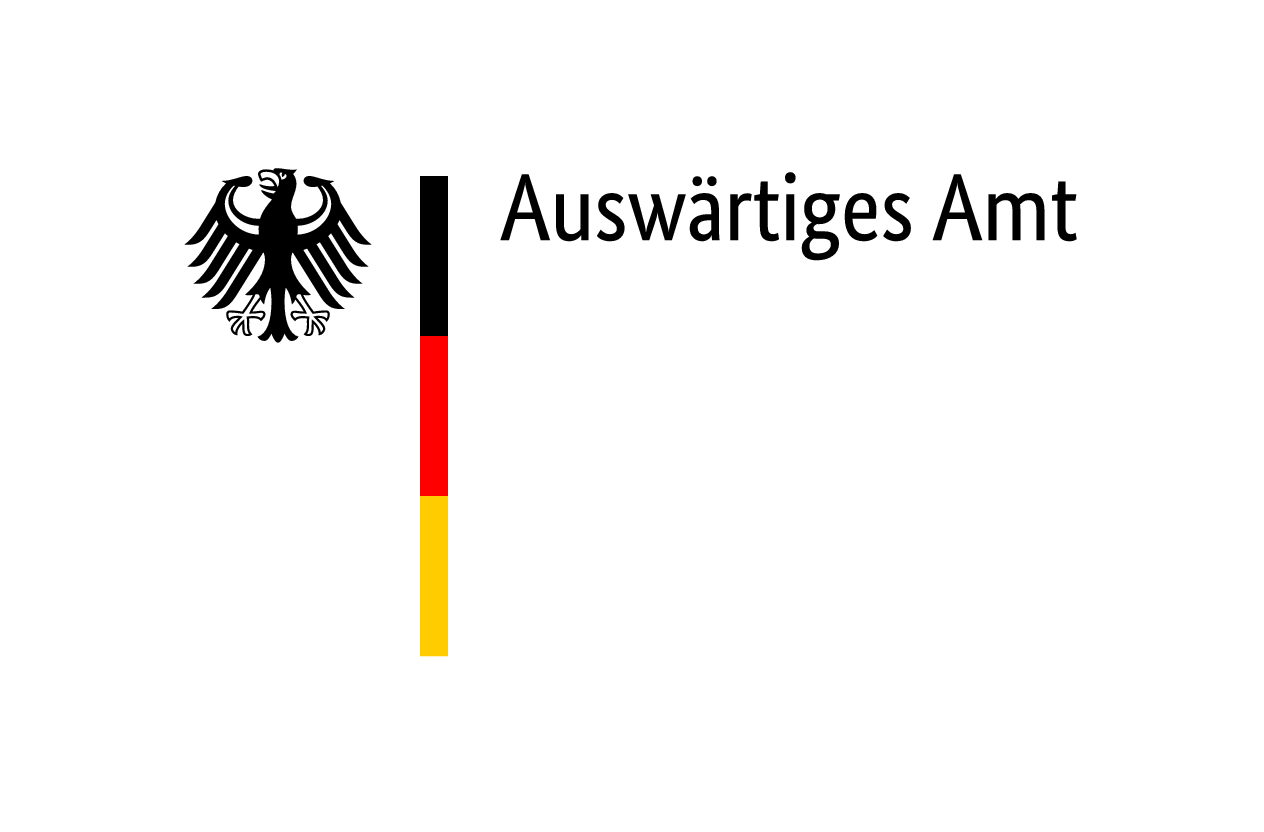Ukraine and Multilateral Formats in Central Europe

In this policy paper, Alisa Muzergues and Pavel Havlíček analyse the multilateral formats and cooperations in Central and Eastern Europe in which Ukraine participates — or aspires to participate.
This paper aims at taking stock of the various multilateral formats and cooperation efforts in Central and Eastern Europe, where Ukraine is either a participant or an aspiring country. While the EU (and partially NATO) has been the dominant force in the region, it has not been the only game in town. Moreover, some of the formats, discussed in the paper, emerged precisely to compensate for the EU’s inability to fill in the security vacuum, which Ukraine felt it found itself in.
Eventually, the paper provides for a comprehensive account of opportunities for Ukraine and the EU and all other parties interested in further upscaling the cooperation and promoting closer integration of Ukraine within the Euro-Atlantic community. The granting of EU candidacy status to Ukraine in June 2022 provided a new impetus for this.
supported by:

Did you like thike this article? If yes, you can support the independent editorial work and journalism of LibMod via a simple donation tool.
Donate via PayPal
![]()
We are recognized as a non-profit organization, accordingly donations are tax deductible. For a donation receipt (necessary for an amount over 200 EUR), please send your address data to finanzen@libmod.de
Related topics
Newsletter bestellen
Stay tuned with our regular newsletter about all our relevant subjects.





